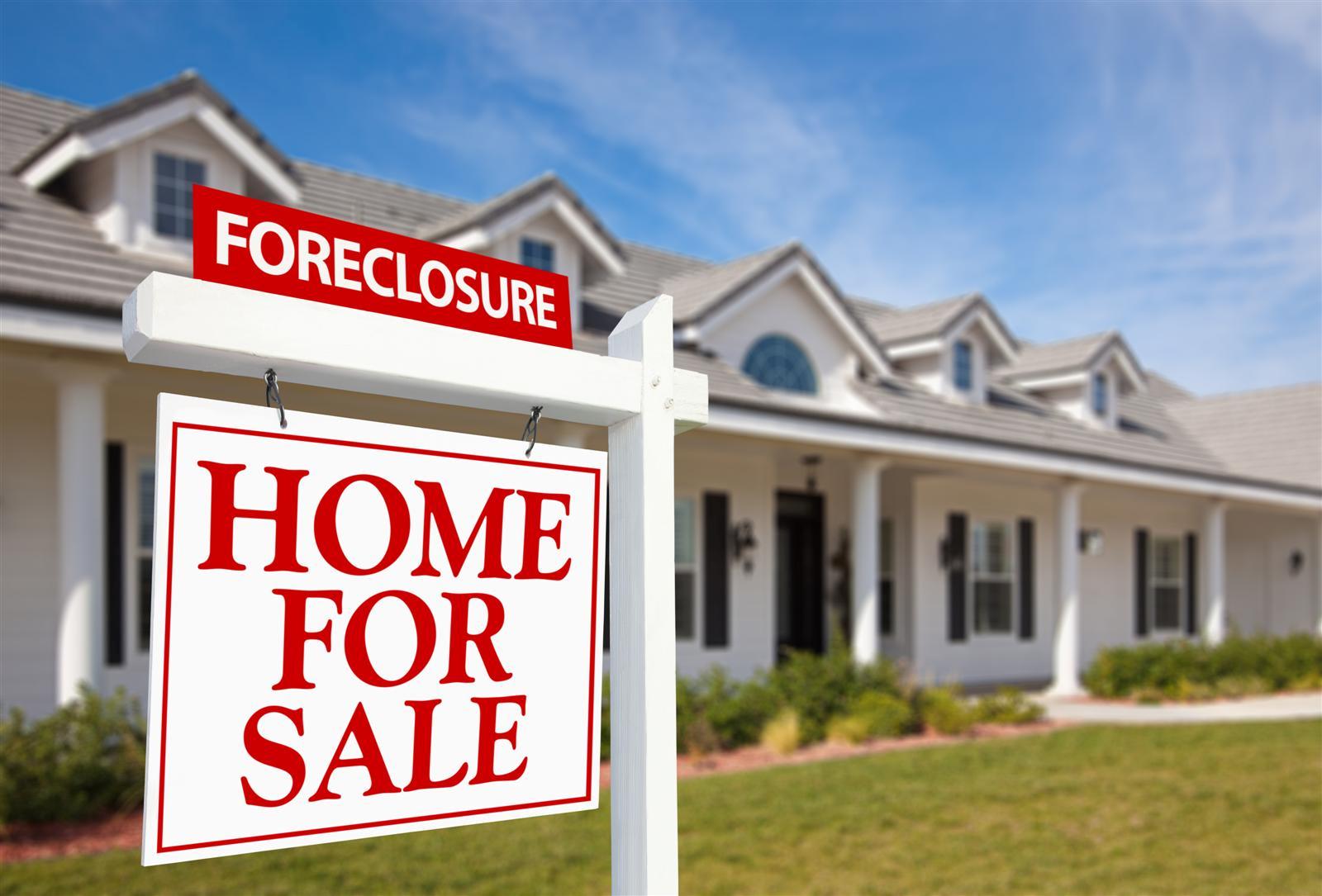In 2016, the state of New Jersey had the largest number of foreclosures in the country. Even though the rest of the country is seeing a big reduction in the number, New Jersey so far hasn’t been so lucky. Jersey is now the third highest overall number of foreclosures. Atlantic County continues to have the highest number in a per county basis.
Importantly, it is also a judicial foreclosure state which means most foreclosures go through the court system. The lender has to sue the occupant in hopes of getting its initial investment back from them. Navigating this process can take a significant amount of time.
All foreclosures start with the occupants missing their mortgage payments. This can happen after the first missed payment but rarely does. Generally the lender gives up to 120 days before they begin the foreclosure proceedings.
The second step of the process is the lender sending a 'Notice of Intention To Foreclose.' They may have contacted you after the first missed payments to remind you there was a balance due but this is a formal letter. The lender is forced by law to reveal certain information in the letter, such as you having the right to cure the debt, and the amount required for the lender to do so.
Next the lender will file a lawsuit in court. The lawsuit will state that the lender is attempting to sell the home to satisfy the money owed. They'll file this within thirty days of the 'Notice of Intention.' The lender will serve the occupant with this lawsuit. There is time for a response to be given, usually between 20 to 30 days. If there is no response to the suit the lender will ask for a default judgement and immediately win. The occupant can respond and go in front of a judge to tell them why legally they shouldn’t lose the house. The response is required within 35 days.
Should the occupant lose the case, the lender will sell the house. New Jersey has the ‘right to redeem’ law which sets aside time after the verdict to allow the occupant time to get the house back. This period generally lasts ten days.
As mentioned every foreclosure has its own unique challenges. It's an obscenely long and tiresome process with a ton of minutiae at every step. This was a very brief overview to attempt to convey the scope of the time and energy that goes into a foreclosure proceeding. If you'd like to see some of the above processes in more detail, attached below is the NJ Guide to the Foreclosure Process. It's over 2,500 pages and not exactly a thrilling beach read.
An attorney can help in several ways during the process. Each foreclosure comes with its own nuances, and it can be helpful to have someone else review the documents even if you belief you know what you're doing. Mistakes are made, and they can be very costly, especially with your home potentially on the line.
If you are seeking representation for a foreclosure case, call today for a free consultation 800-709-1131 or fill out a contact form on our website for a no-cost consultation. We hope to hear from you today!
Further Reading on Foreclosures
NJ Guide to the Foreclosure Process



